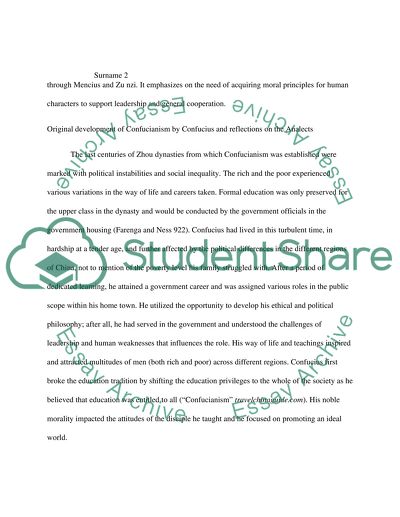Cite this document
(“Chinese Traditional Literature Research Paper Example | Topics and Well Written Essays - 1750 words”, n.d.)
Retrieved de https://studentshare.org/literature/1486528-chinese-traditional-literature
Retrieved de https://studentshare.org/literature/1486528-chinese-traditional-literature
(Chinese Traditional Literature Research Paper Example | Topics and Well Written Essays - 1750 Words)
https://studentshare.org/literature/1486528-chinese-traditional-literature.
https://studentshare.org/literature/1486528-chinese-traditional-literature.
“Chinese Traditional Literature Research Paper Example | Topics and Well Written Essays - 1750 Words”, n.d. https://studentshare.org/literature/1486528-chinese-traditional-literature.


